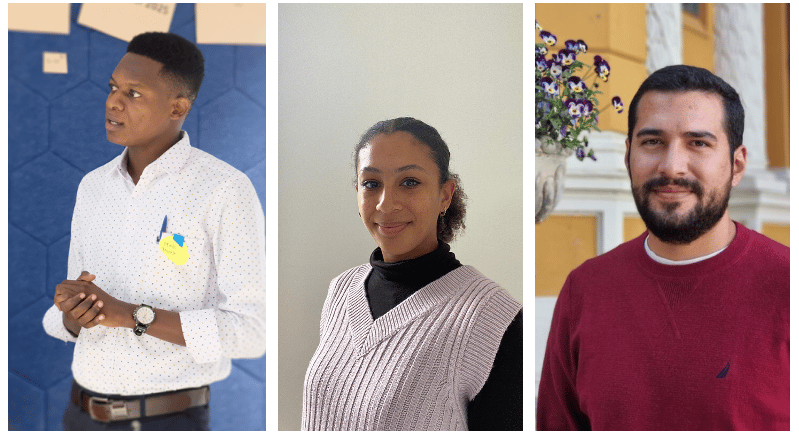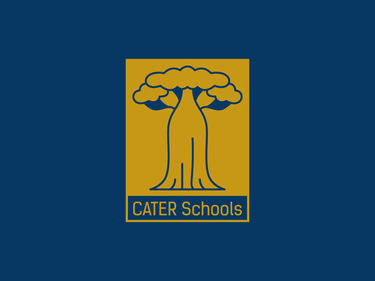CATER Alumni Spotlight
This year's first round of Alumni CATER funding has been awarded. In this post we interview Ailish Craig to hear more about the funded project, which focuses on child health and climate risk in Dar es Salaam.


We’re very happy to announce that one of the projects selected for funding through the CATER Alumni Scheme this year is led by Ailish Craig, a postdoctoral researcher at the University of Bristol.
We asked Ailish about the planned upcoming fieldwork, the motivations behind the project, and how her experience at the CATER School inspired the work.
Q: Ailish, can you tell us a bit about the project and what you’re hoping to achieve?
Of course! Our project will be investigating the impact of floods and extreme heat on the residents of an informal settlement in Dar es Salaam with her focus on children's health and education. A key focus of our research will be the use of weather information by residents to inform their decision making. Flooding and heat have various impacts on people's daily lives and children are a particularly vulnerable group. How children are impacted and how their careers use weather information to ensure their safety hasn’t been deeply explored in this context, so we hope to shed light on this important issue. It may be that weather information is not used and if that is the case we will try and understand what the barriers may be.
Q: Can you tell us a bit about the team?
I'm lucky to work with a brilliant team which includes Mussa Raido and José Francisco (Paco) Orozco Meléndez. Mussa is a researcher at CIC Tanzania and he has an incredible amount of knowledge about the challenges that people face in the informal settlements of Dar es Saalam. Paco is a PhD researcher at the University of Bergen in Norway. Paco has great experience of fieldwork and has investigated how early warning systems are used in Madagascar and how the fit into governance systems.
Q: Where will the project take place, and what kind of methods are you using?
This project will take place in an informal settlement in Dar es Salaam which experiences flooding and heat. To address our research questions, we will be conducting focus group discussions, interviews and a transect walk with people who both live or have work connections in the community. We will engage with parents of children, teachers, healthcare professionals and the Tanzanian Meteorological Agency.
Q: What inspired this focus on carers and early warning systems?
Two key points inspired the focus on children’s carers (whether that is as a parent or a professional) and early warning systems. Firstly, through engaging with another project (WISER EWSA) in Lusaka, Zambia I found that weather information wasn’t really used by the community in the informal settlement. When flooding occurs, it can result in schools being shut and an increased incidence of water-borne diseases, impacting both children’s health and education. A teacher also explained that if she is aware that it will rain heavily in the afternoon, she will dismiss class earlier- a great example of using weather information! Secondly, through conversations with people at the CATER school, I realised this was an issue in numerous informal settlements, and can be even more complex if there are multiple hazards (such as heat and flooding) occurring at the same time, such as in Dar es Saalam.
Q: What kind of impact do you hope this project will have?
The Centre for Community Initiatives, who work in sustainable development, are involved in this research project. Through their existing networks and collaborations, we hope our research will be used to inform future research, interventions and provide insight into how early warning systems are used (or not used!). What people do to cope with heat and flood when they occur at the same time is not widely known, however, heat is an emerging climate risk for Dar es Saalam. Similarly, identifying ways in which the weather information is used and/or can be improved will be valuable for CIC and their collaborators.
Q: What’s next?
We will be conducting field work for October 2025 and with that comes a lot of logistics such as ethics applications and travel bookings. Planning is going really well, and we're excited to be in Dar es Salaam and investigating this important topic.
Mussa Raido (left), Ailish Craig (center) and José Francisco ("Paco") Orozco Meléndez (right) received funding to work on this project.
